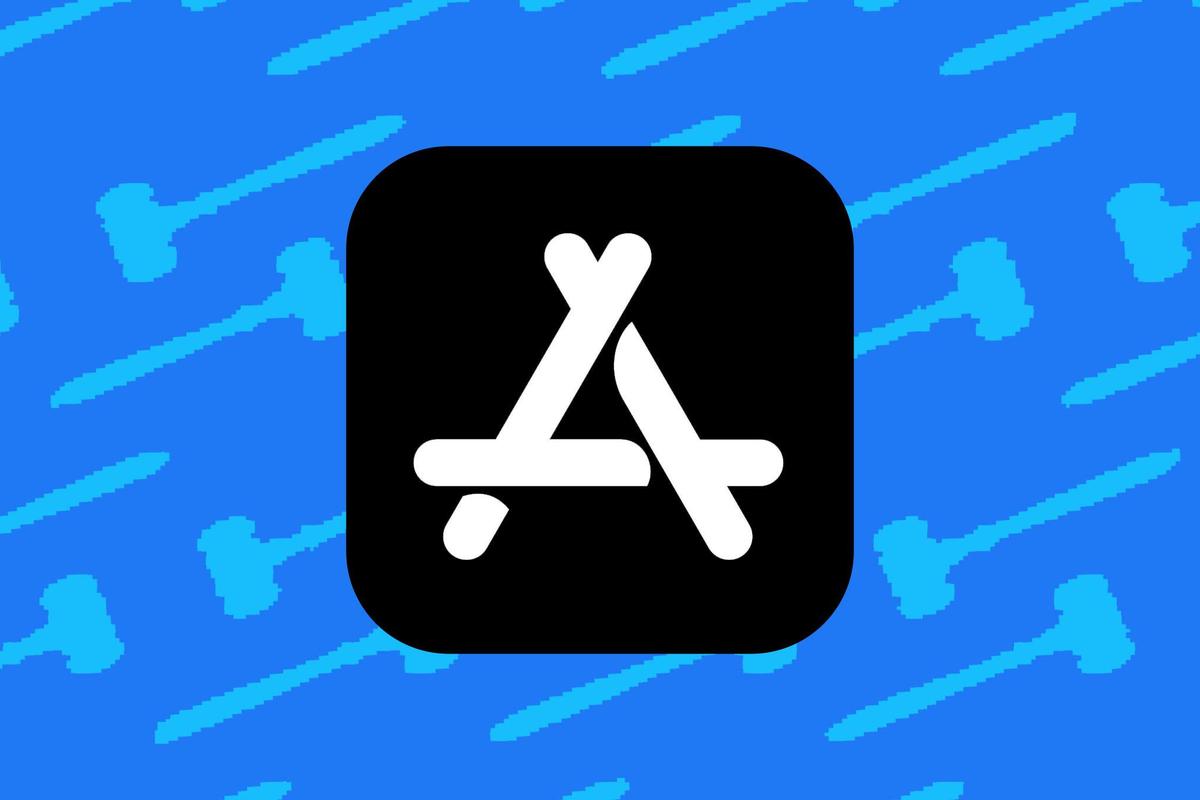‘Cook chose poorly’: how Apple blew up its control over the App Store
Apple’s App Store Under Fire: Judge Accuses Tech Giant of Deliberate Non-Compliance
Apple’s iron grip on the App Store has been a subject of intense scrutiny for years, culminating in a landmark legal battle with Epic Games in 2021. While Apple largely emerged victorious in that initial case, a key outcome was a court order demanding that the company loosen its control and allow developers to inform users about alternative payment methods outside the App Store.
Now, nearly four years later, Judge Yvonne Gonzalez Rogers has delivered a scathing assessment: Apple deliberately failed to comply with the spirit of that order and actively attempted to conceal its non-compliance.
The Anti-Steering Injunction: A Loophole Exploited?
The heart of the matter lies in the anti-steering injunction issued after the Epic Games trial. It mandated Apple to permit developers to include buttons and links within their apps directing users to alternative payment options.
Although intended to promote competition, vague language in the order created a loophole—one Apple allegedly exploited.
‘Cook Chose Poorly’: A Deliberate Strategy of Anti-Competitive Behavior
According to Judge Gonzalez Rogers, Apple didn’t simply misinterpret the court’s order — the company actively strategized to circumvent it.
The judge made it clear: Apple deliberately chose the least competitive path while pretending to comply. As a result, she rejected the idea of giving Apple a second chance and is now demanding specific changes to the App Store to enforce the original ruling.
What Were Apple’s Alleged Tactics?
While the full scope is still emerging, some of Apple’s tactics may include:
- Onerous Requirements: Complex guidelines making it hard for developers to use external links.
- Excessive Fees: Charging high commissions even on external transactions.
- Limited Visibility: Making alternative options hard to find within apps.
These would effectively discourage developers and consumers from straying from Apple’s in-app payment system.
The Implications for Developers
This ruling could significantly shift the landscape for developers:
- Increased Revenue: No more 15–30% cut to Apple could mean more income.
- Control and Flexibility: Developers could manage pricing and customer interactions directly.
- Boost in Competition: Encouraging innovation from smaller and independent developers.
The benefits, however, depend on how far-reaching the court-mandated changes will be.
The Impact on Consumers
Consumers could benefit through:
- Lower Prices: As developers pass savings on.
- More Payment Options: Greater flexibility at checkout.
- App Diversity: A more open store could mean better apps and services.
What’s Next for Apple?
Apple is expected to appeal the decision, so the legal saga is far from over. But the court’s firm stance sends a clear message: anti-competitive practices will be challenged.
In the meantime, Apple must begin implementing changes—likely involving better support for external payments, reduced fees, and improved visibility.
Conclusion: A Turning Point for the App Store?
Judge Gonzalez Rogers’ ruling represents a critical challenge to Apple’s dominance over the App Store.
While legal battles will continue, this moment could mark the beginning of a more open and competitive mobile ecosystem, with real benefits for developers and consumers alike.
Source: The Verge



